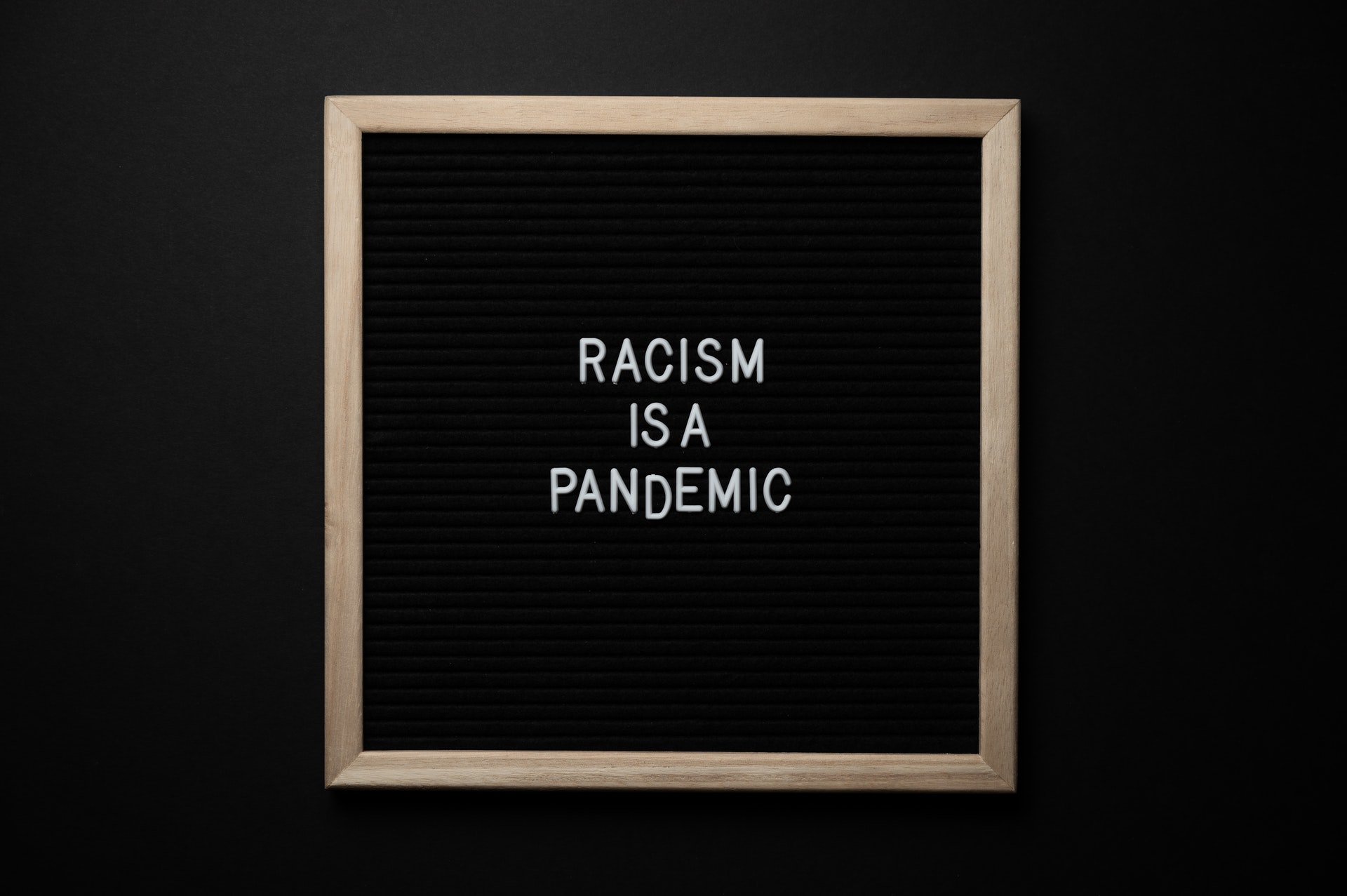It took nearly three weeks for East New York, Brooklyn resident Jason Minnis to get his mother-in-law a vaccine appointment in their majority-black neighborhood. Many others aren’t as lucky.
Since the first vaccine rollout late last year, the widening disparity in the vaccination rates among Black communities in New York has only worsened. Part of it is due to a lack of technology in some neighborhoods. The other, more persistent issue is a longstanding distrust of the healthcare system.
According to New York City’s health data, 41% of the people who have received at least one dose of the vaccine are white, while 12% are black. On top of that, more affluent zip codes are getting the vaccines at faster rates than low-income areas.
Neighborhoods like the Upper East Side are 27% fully vaccinated, while East New York is only 5% fully vaccinated.
“There’s just a lot of disparity in access to information and equipment because of the fact that the rollout has been so totally internet-dependent,” says Maxine Golub, a senior vice president of planning and development at the Institute for Family Health, a health center network.
Golub says that because most of the vaccine appointments and locators are found online, people who don’t have internet access, good devices, or are not internet savvy have trouble booking appointments.
But the issue goes deeper than just vaccine distribution and access to technology. There is a long history of Black Americans given unequal health care from their doctors.
“The distrust of the vaccine from a lot of people from our community is due to the historical inequity as far as healthcare, the Tuskegee experiment on top of the legacy of structural racism and inequality,” says Minnis, referring to federal officials who enrolled hundreds of Black men in an experiment to examine the effects of untreated syphilis.
Minnis, who is on the Homeowners Association for East New York, has heard countless stories from friends, neighbors, and family members about their inadequate experiences in the healthcare system. Some have told him doctors don’t believe them or take them seriously, while others have said their doctors have elected not to prescribe certain medications due to stereotypes.
“We look at every disparity that exists in the black community, there’s clearly issues as far as healthcare racism, so the distrust is justified,” says Minnis.
Late last year, the death of Dr. Susan Moore sparked outrage and renewed calls to rectify the biased medical treatments of Black patients.
“Their reluctance is legitimate and we have to treat it as legitimate and we have to make the necessary changes in the healthcare system so that people can trust us,” Golub said.
Minnis’s relative had to intervene on his own wife’s behalf, saving her from possibly dying during childbirth because the doctor didn’t believe her when she expressed something was wrong.
“You have to look at the wider system otherwise we’re going to be right back where we’re at here when the next pandemic comes,” he said.









